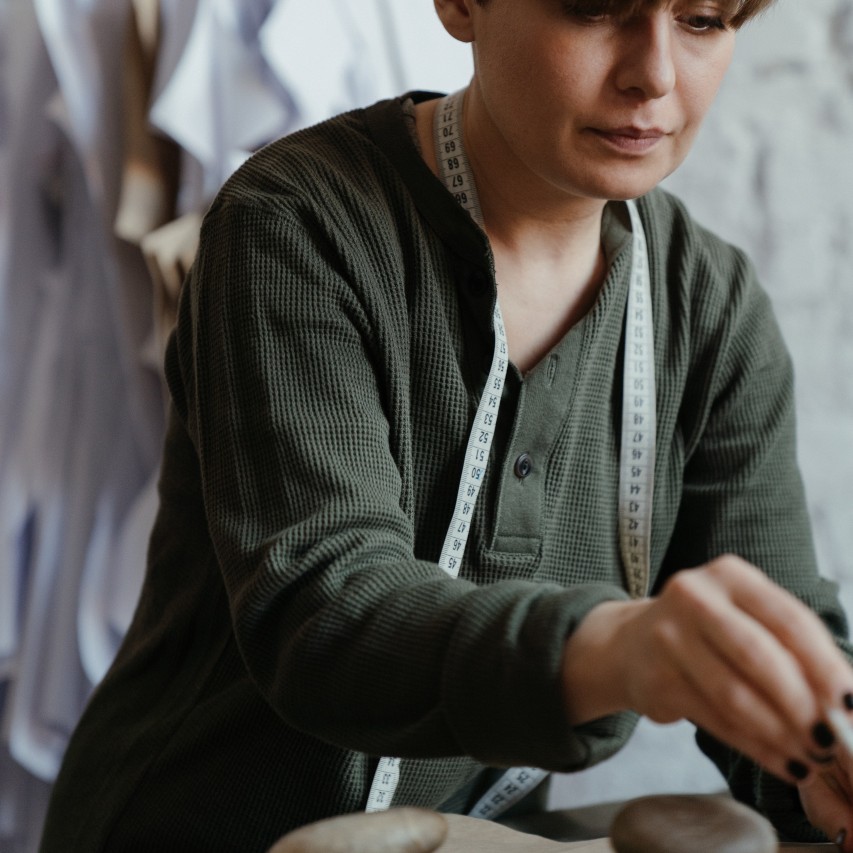Published:
Many countries are focusing on sustainability and how they can work to prevent global warming. Sustainable fashion is one option that can make a substantial impact. In 2018, the fashion industry accounted for 2.1 billion metric tons of greenhouse gas (GHG) emissions, which is equivalent to the entire economies of France, Germany, and the United Kingdom combined. The responsibility for change is falling on manufacturers, brands, consumers, and policymakers. As the apparel retail market continues to grow, the need for sustainable fashion and sustainable shopping behaviors becomes more essential to reach the 1.5-degree pathway. Japan, Singapore, and the United Kingdom are just a few countries trying to lead the way for sustainability in the fashion industry.
Japan recently created the Japan Sustainable Fashion Alliance (JSFA) with the goal of achieving zero fashion loss through appropriate production, purchase, and recycling. JSFA works with suppliers and customers to make the entire value chain transparent and supports and cooperates with policy involvement and sustainable fashion collaboration. Additionally, many designers are working to find ways to make the design and sample process more sustainable. Shohei is one clothing brand working toward this goal, as they are making 3D renderings of clothing to help eliminate waste from samples. Another Japanese brand, Studio Membrane, is utilizing a different approach to sustainability, making biodegradable clothing from a protein resin found in wool. Although Japan is taking the right steps to be more environmentally friendly in fashion, sustainably-made products are not as available as consumers would like, with 24% of Japanese consumers saying they would be motivated to buy sustainable and eco-friendly products if they were more available.
Similar to the JSFA, Singapore created the Singapore Fashion Council (SFC) to be a catalyst for the fashion industry’s continuous growth, with an emphasis on Asian craftsmanship, sustainability, innovation, and technology. Their mission is to empower and inspire all brands in the fashion ecosystem through partnerships that have accessible resources, meaningful networks, and sustainability-focused innovations. One popular children's clothing brand, Nimbu, is the country's first circular kids' brand. Consumers buy clothing and when their child outgrows the outfit, they can return it to the store for credits that offset their next purchase. The circular model is helping ensure that old clothing is disposed of properly or given a new home, which fits into the initiatives that the SFC is trying to promote. Additionally, Singapore is seeing a change in consumer preferences and behavior as a result of the COVID-19 pandemic. Specifically, Singapore has seen an increase in consumers looking for sustainable or green packaging alternatives. This has worked out well in Singapore because traditional packaging materials have not been easily accessible due to supply chain constraints, so businesses switched to green packaging alternatives and are not planning to go back to traditional packaging materials.
The United Kingdom introduced the 10-Year Fashion Industry Sustainability Change Programme under Boris Johnson in June 2022 which is aiming to support the fashion industry to embrace new business models and help to create world-leading recycling and sorting infrastructure that will bring about systemic change and opportunities for UK manufacturing. Some fashion brands have started to make changes aligning with this initiative by using eco-friendly dyes and plastic-free alternative materials to help restore and renew natural ecosystems. These companies are focusing more on regenerative fashion instead of finding ways to use materials in a sustainable way, which will have a positive impact on the environment. Another way the UK is working to be more sustainable in fashion is by implementing the idea of ‘degrowth’, adapting to live and work within the boundaries of our planet and finding new ways to still achieve financial growth. This requires innovation and adoption of new materials and technologies that support the goals and protection of the environment while still allowing companies to grow and be successful. RÆBURN is one London-based company that has pioneered the reworking of surplus fabrics to create functional pieces. RÆBURN is committed to lifetime repairs to limit clothing waste and donates 1% of annual turnover to approved environmental nonprofit organizations. RÆBURN's business plan is well aligned with the 10-Year Fashion Industry Sustainability Change Programme and can be used as a model for other businesses looking to switch to more sustainable business models.
These changes are helping shift the future of the fashion industry and supporting meaningful change that goes beyond the clothes we wear. Without these changes, we will only continue to cause irreparable damage to our planet, taking a toll on more locations and industries as these concerns progress. With the implementation of new ideas around sustainability, fashion communities are driving the development we need in our manufacturing and consumer purchasing trends.
File under






